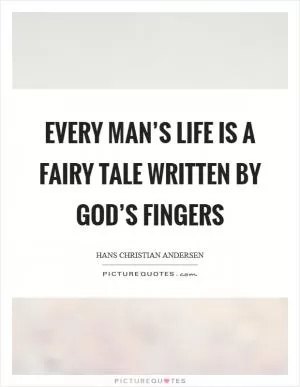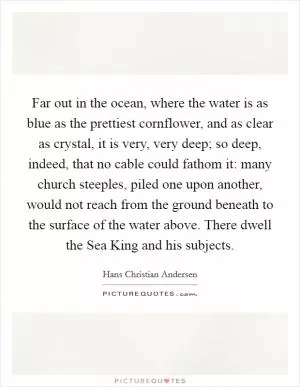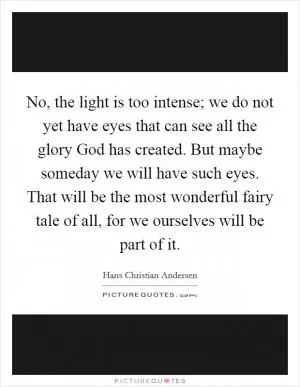Where words fail, music speaks


Where words fail, music speaks
Hans Christian Andersen, the famous Danish author best known for his fairy tales, understood the power of music to convey emotions and tell stories when words fall short. Throughout his life, Andersen was deeply passionate about music and often incorporated it into his works, believing that music had the ability to express what words alone could not.Andersen's love for music can be seen in his personal life as well as in his writing. He was known to be a talented singer and musician, often performing for friends and family. He believed that music had a unique ability to touch the soul and evoke powerful emotions in a way that words could not. In his fairy tales, Andersen often used music as a central theme, portraying it as a magical force that could bring people together, heal wounds, and transcend language barriers.
One of Andersen's most famous stories, "The Nightingale," explores the transformative power of music. In the tale, a Chinese emperor becomes enchanted by the beautiful song of a nightingale, whose music brings him joy and comfort in times of sorrow. When the emperor is presented with a mechanical nightingale that sings more perfectly than the real bird, he realizes that true beauty and emotion cannot be replicated by artificial means. The story serves as a powerful reminder of the unique and irreplaceable nature of music in conveying emotions and connecting people on a deeper level.












 Friendship Quotes
Friendship Quotes Love Quotes
Love Quotes Life Quotes
Life Quotes Funny Quotes
Funny Quotes Motivational Quotes
Motivational Quotes Inspirational Quotes
Inspirational Quotes